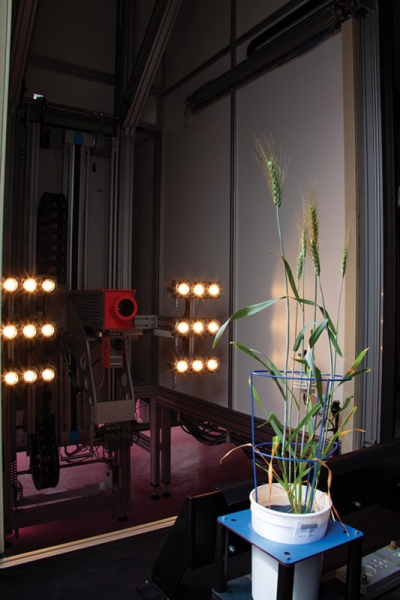A new partnership between the State Government and the University of Adelaide to deliver an AgTech PhD scholarship is open for applications.
The Primary Industries AgTech PhD Scholarship at The University of Adelaide is funded by Primary Industries and Regions SA (PIRSA) to support a full time PhD student who is undertaking research in a topic that will aid or improve primary industry production or profitability through the application of technology.
The three-year scholarship is part of the Marshall Liberal Government’s AgTech agenda, identified as a key growth area to help South Australian farmers to do their share to boost agriculture to a $100 billion industry in Australia by 2030.
Minister for Primary Industries and Regional Development Tim Whetstone said the State Government funded scholarship provides an exciting opportunity for students to research cutting edge technology in agriculture.
“The Primary Industries AgTech Post Graduate Scholarship supports the practical application and adoption of AgTech in South Australia and is designed to create further innovative thinking in agriculture,” said Minister Whetstone.
“The scholarship is a collaboration between the South Australian Research and Development Institute (SARDI) and the University of Adelaide and builds on the recently announced partnership fostering greater investment and delivering economic benefits to the state’s primary industries.”
University of Adelaide Pro Vice-Chancellor (Research Operations) and Dean of Graduate Studies, Professor Michael Liebelt, said the new scholarship was a great opportunity to advance innovation in AgTech.
Agriculture is becoming an increasingly sophisticated industry and meeting its challenges will require innovative solutions
“One of the great benefits of the new PIRSA-SARDI partnership with the University of Adelaide is the ability to work across traditional boundaries to bring new technologies into agriculture – embracing the University’s expertise in areas such as computer science, engineering, mathematics, machine learning and artificial intelligence to solve the problems of agriculture for our future.
“This is very much in keeping with our new strategic plan, Future Making, which aligns us with state and industry need making agrifood and wine, one of our key strategic industry engagement priorities.”


